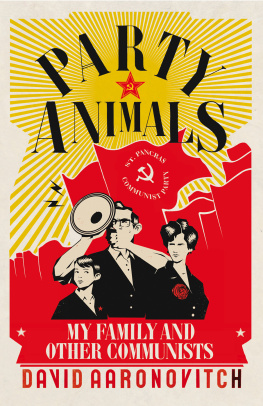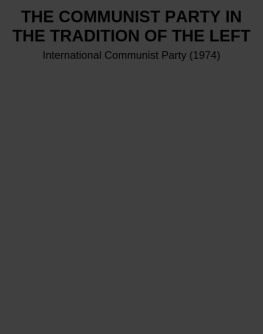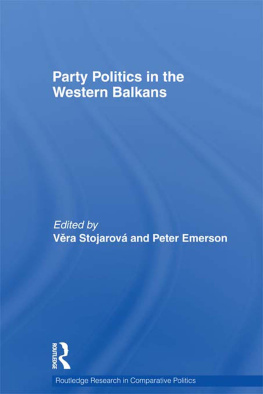The Japanese Communist Party
This book provides an historical overview of the Japanese Communist Party from its foundation to the present. It outlines the development of the party, explores its stance on key issues and discusses how the party has set a high moral tone, avoiding compromising coalitions with other parties, being intolerant of corruption within its own ranks, and frequently and consistently opposing the ruling Liberal Democratic Party. The book also considers the internal nature of the party, which continues to have a mass membership, and which in recent years has softened its former somewhat rigid approach. The book emphasizes the importance for Japan of this moral approach as the conscience of the nation, especially as the present Abe government moves Japan to the right, even though the Japanese Communist Party has never gained power and is never likely to.
Peter Berton was a Professor of International Relations at the University of Southern California.
Sam Atherton is a Professor of Business Administration at Mount San Antonio College in Walnut, California.
Routledge Contemporary Japan Series
Local Politics and National Policy
Multi-level Conflicts in Japan and Beyond
Ken Victor Leonard Hijino
Trauma, Dissociation and Re-enactment in Japanese Literature and Film
David C. Stahl
Rethinking Japanese Studies: Eurocentrism and the Asia-Pacific Region
Edited by Kaori Okano and Yoshio Sugimoto
Japans Quest for Stability in Southeast Asia
Navigating the Turning Points in Postwar Asia
Taizo Miyagi
Gender and theKoeskiin Contemporary Japan
Surname, Power, and Privilege
Linda White
Being Young in Super-Aging Japan
Formative Events and Cultural Reactions
Edited by Patrick Heinrich and Christian Galan
The Japanese Communist Party
Permanent Opposition, but Moral Compass
Peter Berton and Sam Atherton
Japans Colonial Moment in Southeast Asia 19421945
The Occupiers Experience
Satoshi Nakano
For more information about this series, please visit: www.routledge.com/Routledge-Contemporary-Japan-Series/book-series/SE0002
The Japanese Communist Party
Permanent Opposition, but Moral Compass
Peter Berton and Sam Atherton
First published 2018
by Routledge
2 Park Square, Milton Park, Abingdon, Oxon OX14 4RN
and by Routledge
711 Third Avenue, New York, NY 10017
Routledge is an imprint of the Taylor & Francis Group, an informa business
2018 Peter Berton and Sam Atherton
The right of Peter Berton and Sam Atherton to be identified as authors of this work has been asserted by them in accordance with sections 77 and 78 of the Copyright, Designs and Patents Act 1988.
All rights reserved. No part of this book may be reprinted or reproduced or utilized in any form or by any electronic, mechanical, or other means, now known or hereafter invented, including photocopying and recording, or in any information storage or retrieval system, without permission in writing from the publishers.
Trademark notice: Product or corporate names may be trademarks or registered trademarks, and are used only for identification and explanation without intent to infringe.
British Library Cataloguing-in-Publication Data
A catalogue record for this book is available from the British Library
Library of Congress Cataloging-in-Publication Data
A catalog record for this book has been requested
ISBN: 978-0-415-36886-5 (hbk)
ISBN: 978-1-315-22901-0 (ebk)
Typeset in Times New Roman
by Wearset Ltd, Boldon, Tyne and Wear
Peter Berton had almost finished this book, but not quite, before he died in 2014 at the age of 91. The work has been completed as far as possible by Sam Atherton, one of Peter Bertons former students, who earned his BA from the University of Southern California in International Relations and has an MBA from Benedictine University, following suggestions and advice from Arthur Stockwin, Professor of Japanese Studies at the University of Oxford, founding Director of the Nissan Institute of Japanese Studies and an Emeritus Fellow of St. Antonys College, Oxford. Although the book remains to some extent an unfinished symphony, it is nevertheless in my view still well worth publishing. As Arthur Stockwin advised when the script first came to me: The idea for the book is excellent and I strongly recommend that this manuscript be accepted.
Peter Sowden
Editor, Routledge
Peter Berton belonged to a small band of specialists on the Japan Communist Party (JCP), including Rodger Swearingen, Paul Langer, and others from the late 1940s, based at the University of Southern California in Los Angeles.
Although the JCP has never been a major political party (and has never served in any national government), it remains Japans oldest party, first founded in 1922 though operating illegally until 1945. Since the war it has been the only significant party to maintain consistently its independence from all other parties, never entering into coalition arrangements (unlike the Japan Socialist Party, whose coalition with the dominant Liberal Democratic Party [LDP] between 1994 and 1996 almost destroyed it). As Berton points out, it has also remained largely independent of the labor union movement, and in the 1960s it broke, first with the Communist Party of the Soviet Union, and then with the Chinese Communist Party. It is also unusual among Japanese parties in being seriously intolerant of corruption within its ranks, and holding to policy positions consistently at odds with many of those held by the Liberal Democrats.
On the other hand, its policy positions have often been rigid and dogmatic, though some greater flexibility has more recently crept in. Among communist parties in general, it is one of the very few that since the end of the Cold War has retained Communist in its title.
From his personal background, Berton had total fluency in Russian, Japanese, together with a good understanding of Chinese. He was therefore familiar with a huge range of original vernacular sources. As he also reveals in this book, he conducted interviews with many of the key players in the story that he tells, and was indeed present at some key international encounters involving the JCP.
Japanese politics has moved decisively to the right since the 2000s, with the Peace Constitution, restrictions on armed force projection, human rights, press freedoms, and liberal education all to a greater or lesser degree under threat. This raises the question whether the JCP can, or should, play a significant role in mobilizing opposition to the current holders of power in Tokyo. This book provides us with some clues with which to answer that question.
Dr. Peter Berton was the Einstein of Asian Studies. Like Edgar Snow, in his classic work, Red Star Over China, who witnessed and chronicled the birth of the founding of the Chinese Communist Party, Dr. Berton was conversely at the founding of post-World War II Japan. He wrote extensively not only on Asian geopolitics, but of particular interest to his heart on Japanese diplomacy and politics and the Japanese Communist Party. He was a world-renowned expert on the politics of China, Russia, and Japan. Peter Berton was influenced from an early childhood at the dawn of Nazi Europe to his upbringing in China and Japan during World War II, where he grew up. Strangely enough, this seemingly disconnected dichotomy would forge the mind of what would be the Einstein of Asian Studies.


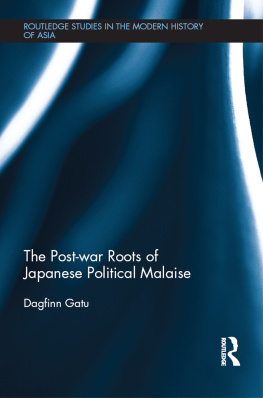
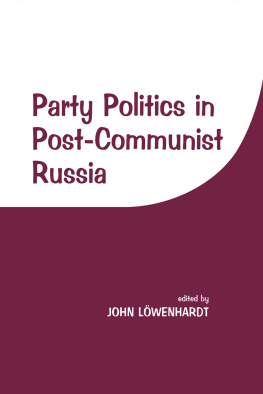
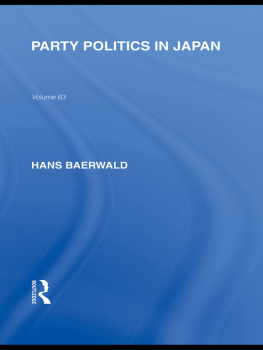
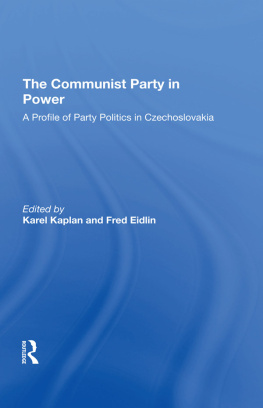
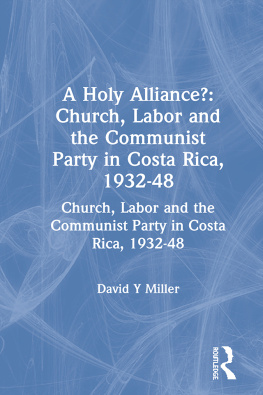
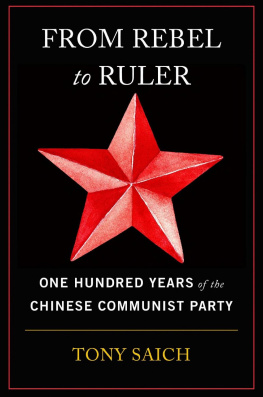
![Communist Party of PeruCommunist Party of Peru - Shining - The Collected Works of the Communist Party of Peru. 1968-1999 [Warning: Hate Speech and Negationism]](/uploads/posts/book/267146/thumbs/communist-party-of-perucommunist-party-of-peru.jpg)
